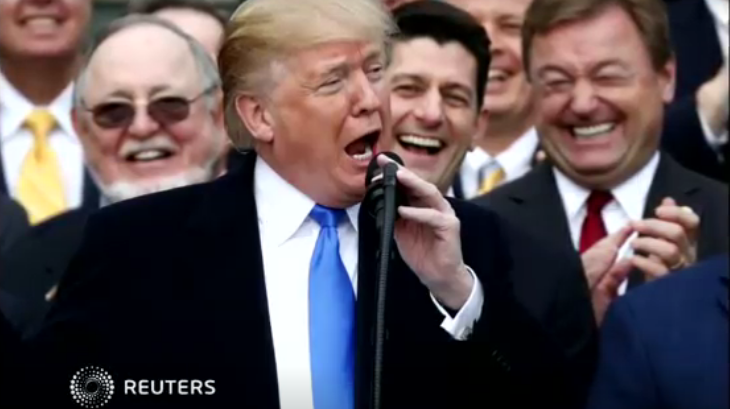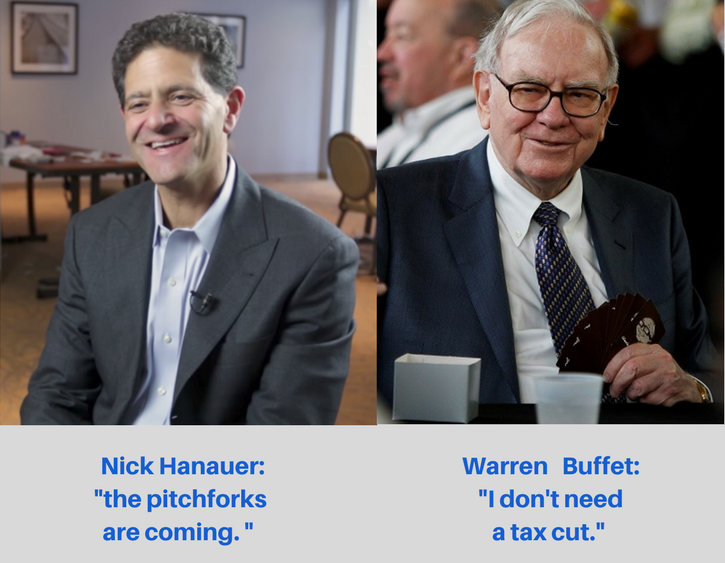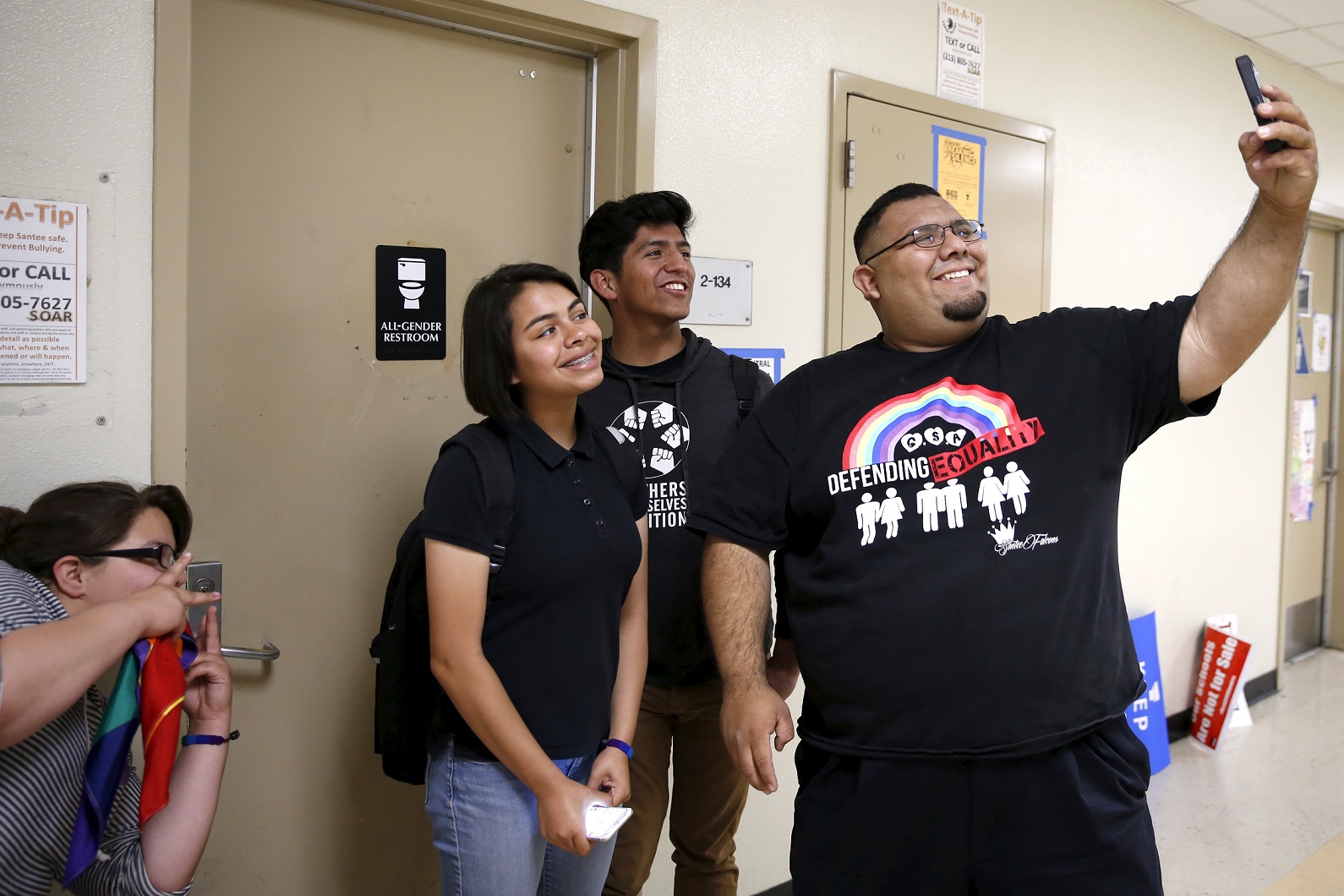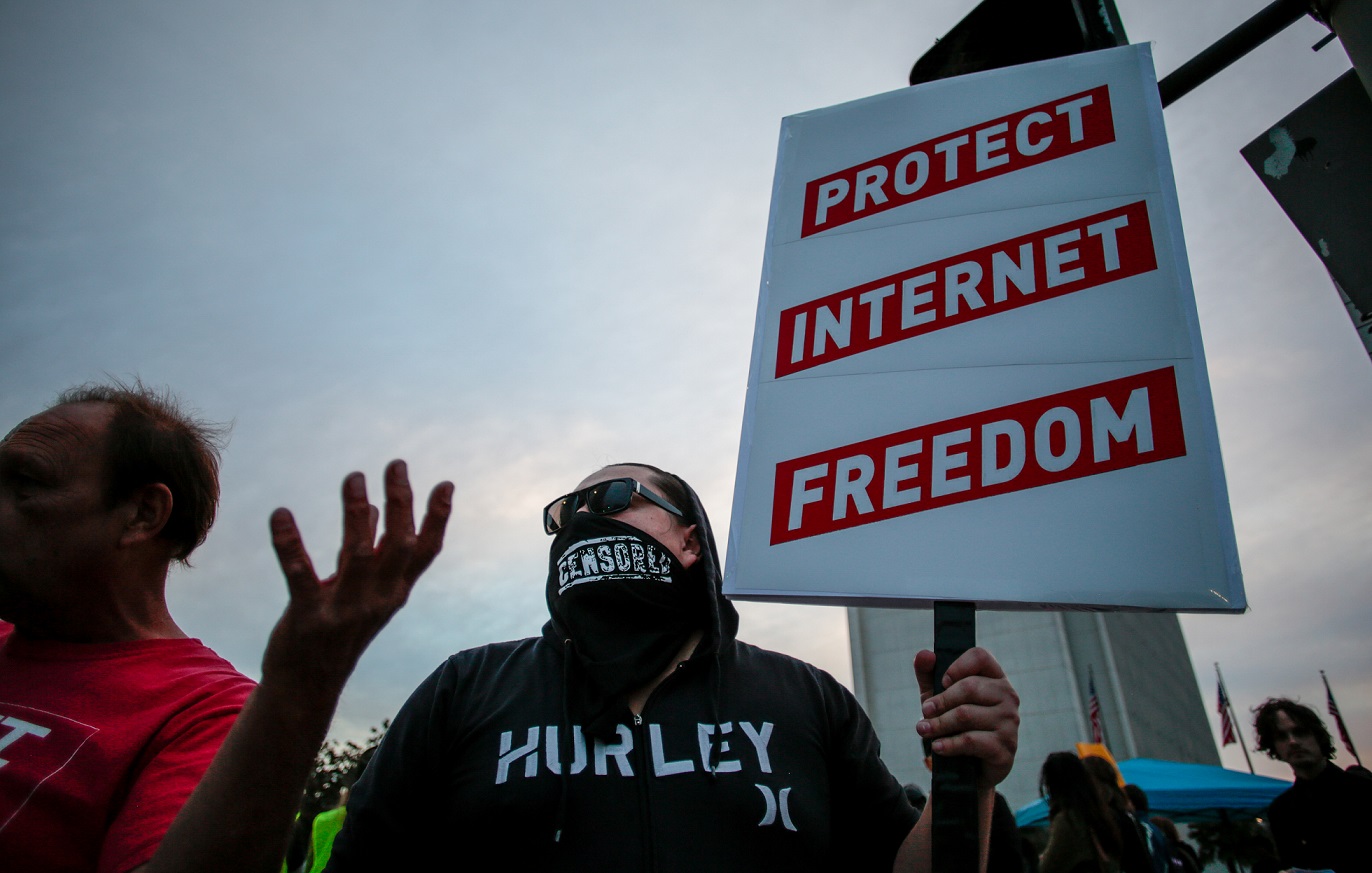President Trump’s tax cuts sparked the expected controversy. Voices from the left are calling it “economic suicide” while those from the right say a “miracle” has happened. But the question that truly matters now is “will it trickle?”
To answer the tricky “trickle question,” I believe we need more than understanding economic theory. We have to take both human nature, social values and the growing inequality into consideration.
THE ECONOMIC INCENTIVE
“Trickle-down economics” is the idea that the more wealth there is in the upper class, the more business investments will be made to grow the economy and thus benefit the middle and lower classes as well. However, criticism on this idea is mounting as the data seems to paint a different picture time and again. Forbes contributor and Founder of Wendell Charles financial services firm, Evan Kirkpatrick, concludes that the data on tax rates and economic growth since 1945 shows no correlation between lowering tax brackets and increased economic activity.
In parallel, the rapidly spreading trend of automation in businesses raises a big question with regard to future investments in human labor, since the cost-efficiency ratio of applied automation is continuously rising. A recent PwC study suggests that almost 40% of jobs in the U.S. could be automated by the early 2030s.
So from a quick look at history and a glance into the near future, it’s difficult to see an economic incentive for wealth to trickle down from the top, hence the criticism on Trump’s tax cuts. But what about an incentive that is not purely economic? Is it possible to incentivize the wealthy to make investments that benefit the lower classes, even if it doesn’t increase their bottom line?
Warren Buffet famously said “I don’t need a tax cut.” He also mentioned in the past that his secretary pays a higher tax rate than he does. So now with the new tax break given to him by the Trump administration, should we expect Buffet to go out of his way to make sure that his extra profits trickle down to the lower classes? What will be his incentive to do so?
“Is it possible to incentivize the wealthy to make investments that benefit the lower classes, even if it doesn’t increase their bottom line?“
“Think about the super-rich like NBA superstars. They will constantly strive to score more, because that’s the game everyone around them is playing”
THE SOCIAL INCENTIVE
From a sociological perspective, when the wealthy gain more zeroes in their bank account, they gain something beyond material profit. They gain social status, because the financial game is played in a way that turns the accumulation of wealth into a goal in and of itself.
This is why Buffet’s voice stands out in our culture like a lone voice in the wilderness. While many other upper-class players and individuals also don’t need a tax cut, they won’t say it, because they still want it. And it is not more economic freedom they’re after, it is social status.
Would any of us behave differently in their shoes? Based on our psychology, absolutely not. Think about the super-rich like NBA superstars. They will constantly strive to score more, because that’s the game everyone around them is playing, a game which is respected by the rest of society. Both the super-rich and the NBA superstars embody our social nature as human beings.
But what would happen if we provided the upper class with the same incentive to invest in society? What if our society played a different kind of game, where he who contributes to the wellbeing of society is the one who “scores” the most?
“What if our society played a different kind of game, where he who contributes to the wellbeing of society is the one who “scores” the most?”
As social creatures, shame and honor shape our social behavior more than anything else. If we turned social contributions into a supreme value in our culture, then our cultural heroes would be those who embody that and we’d put a whole different spin on competition in society. Rather than competing for more zeroes in our bank account, we’d be competing for making the greatest positive impact on society, through investing in science, education, medicine, technology, or anything that contributes directly to making the whole of society prosper.
To acknowledge the potential impact of social recognition, just think about the recent “Me Too” campaign denouncing sexual misconduct, and think of what would be the results of a campaign similar in its intensity, but putting the spotlights on those who systematically hoard extreme wealth and avoid contributing to society. Surely, that’s an extreme scenario, but it makes it easy to see how a shift in social values can happen.
We have to cultivate a culture that encourages social contribution and breeds givers, not by force or regulation, but through better activating our social nature. In other words, if we expect “trickle-down economics” to work, we have to couple it with “bottom-up humanity.”
Image credit: The Laura Flanders Show
THE PITCHFORKS
A couple of years ago, Seattle Billionaire Nick Hanauer, known as the visionary first non-family investor in Amazon, made a controversial prediction about America’s growing inequality, where he essentially warned his “fellow plutocrats” that “the pitchforks are coming.”
Like Buffet, Hanauer is another voice in the wilderness. The data, however, increasingly supports his prediction: with 41 million Americans today living in poverty, the U.S. is nearly the most wealth-unequal country in the world, where the top 0.1% of families have roughly the same wealth as the bottom 90%, similar to the wealth gap of the late 1930s. And if this trend continues to grow, it is likely to have serious social ramifications.
Is Hanauer truly alone in his view among the super-rich, or is he alone in being vocal about it? The growing trend of billionaires buying apocalypse-safe bunkers hints at the latter, and the Pentagon also isn’t hiding its preparations for a potential mass civil unrest.
So perhaps the awareness is there, but what’s missing is a change of thinking towards a new kind of incentive that could drive the socio-economic ecosystem towards a sustainable future.
And the end of the day, beneath the numbers and percentages, economics is merely a reflection of human relations. It’s about what we all give to and receive from society. And in an increasingly interdependent reality, if we want to be sustainable and prosperous into the future, the quality of human relations must become more important than it is right now.













